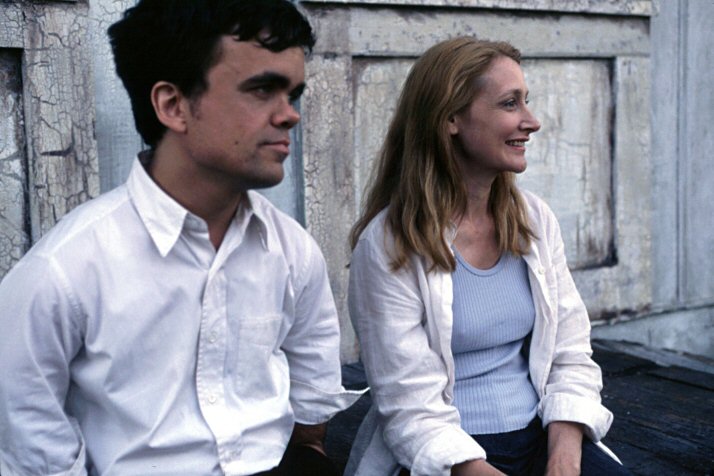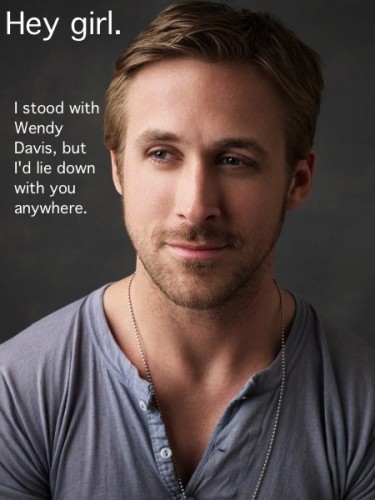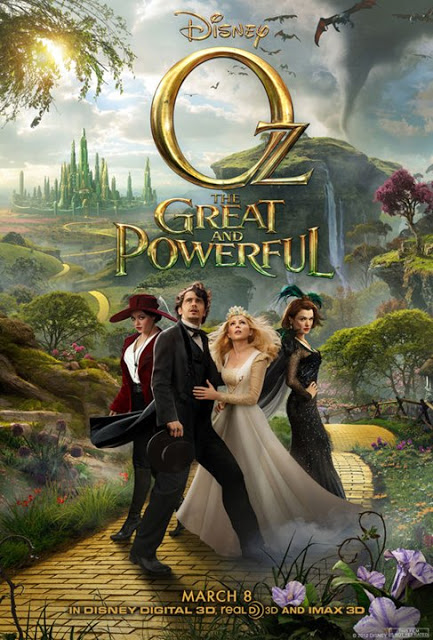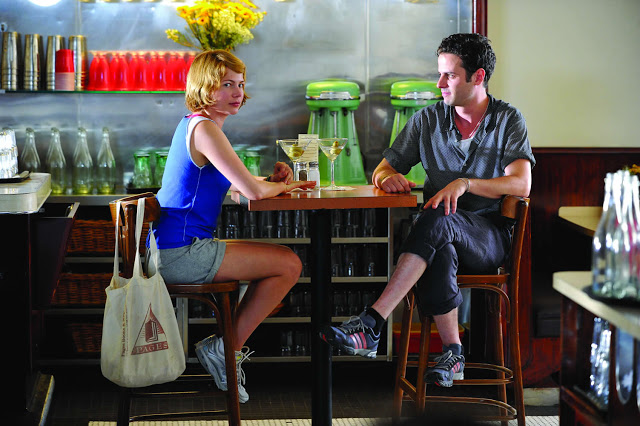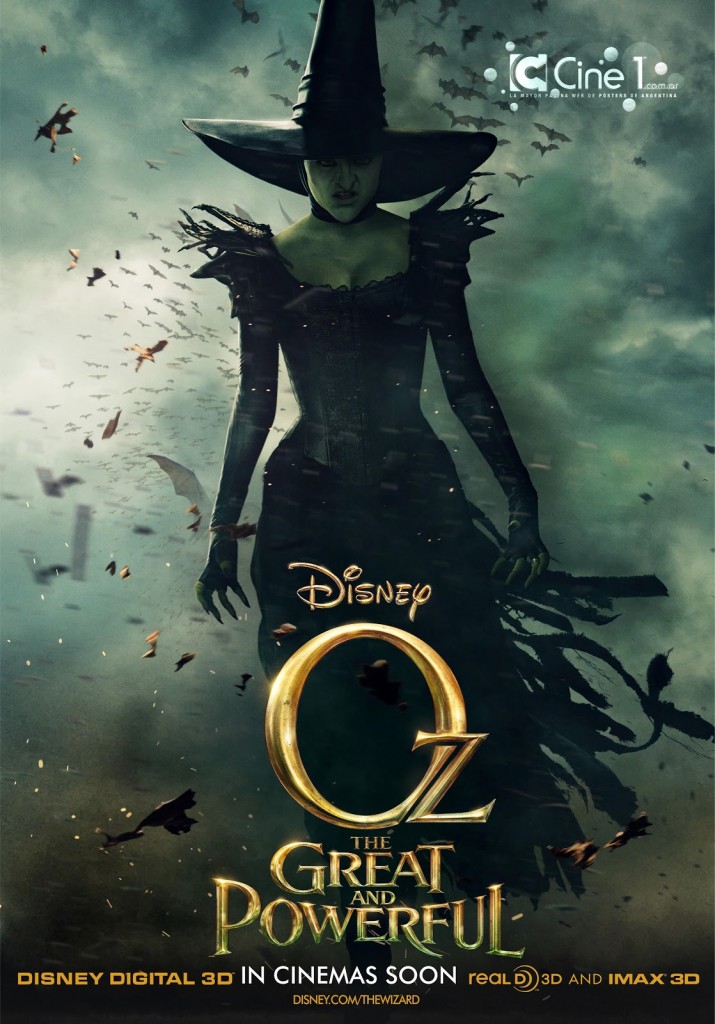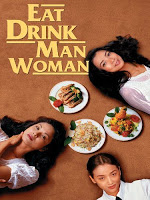I can remember hearing about a study which found many people use the characters on their favorite television shows as surrogate “friends.” I wonder what those same researchers would make of our post-Televison-Without-Pity cultural landscape, in which a endless stream of writer analyses–sometimes accompanied by roundtable discussions–dissects every detail of every episode of popular television shows, making up a big chunk of the internet. If online effluvia is an indicator, many viewers now spend more time thinking about characters on TV than they possibly could about their real-life friends and maybe even their own partners, family members and selves. We spend so much time thrilling to drug dealing, beheadings, poisonings, secret identities, sudden, improbable career success, zombies, and vampires that we decry as “boring” the few series that have realistically explored issues that are more likely to affect us day-to-day: relationships, work and friendship.

